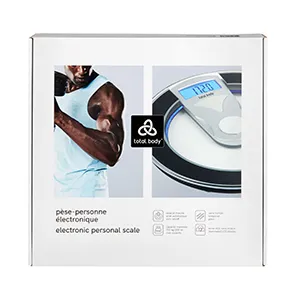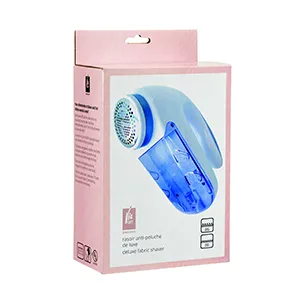April 19, 2023 IBS Relief

Irritable bowel syndrome (IBS) is a chronic disorder that affects the intestine. While not life-threatening or cancer causing, it can be debilitating, embarrassing, and disruptive and can impact your quality of life. Read on to discover more about this disorder and how you can support natural relief from IBS symptoms.
What is irritable bowel syndrome?
IBS is a group of intestinal symptoms that usually occur together. According to the Canadian Digestive Health Foundation, “IBS involves problems with motility (movement of digested food through the intestines) and sensitivity (how the brain interprets signals from the intestinal nerves), leading to abdominal pain, changes in bowel patterns and other symptoms.” The most common symptoms of IBS include cramping, gas, bloating, diarrhea, constipation, and abdominal pain or discomfort. However, symptoms vary in duration and severity from person to person. In Canada, an estimated 18% of the population has IBS.
What causes the disorder?
The cause of IBS is unclear but certain factors do appear to play a role. These include:
- Muscle contractions in the intestine that are stronger and last longer than usual;
- Issues with the nerves in your intestine or poor signals between the brain and the intestines;
- A severe bout of gastroenteritis (diarrhea) caused by bacteria or a virus leading to bacterial overgrowth in the intestine;
- Stressful event(s) in your early life; or
- A change in gut microbes.
Risk factors for IBS include being under the age of 50, being female, having a family history of IBS, and having anxiety, depression, or other mental health issues.
How do you diagnose and treat the disorder?
It is important to see a doctor if you think you might have IBS. While there is no test for IBS, your healthcare provider will typically take a full medical history, do a physical exam, and perform other tests to rule out other conditions. As there is no cure for the disorder, treatment focuses on relieving symptoms. Minor symptoms can usually be managed by making diet and lifestyle changes and limiting stress. For example, these changes include eating high-fibre foods; cutting out gluten (wheat, barley, and rye); avoiding foods that trigger symptoms (such as dairy, citrus, cabbage, alcohol, carbonated drinks); eating a diet low in FODMAPs; drinking plenty of fluids; exercising regularly; and getting enough sleep.

You can also try meditation and yoga to help with stress. Additionally, your doctor may recommend certain medications such as laxatives, antibiotics, tricyclic antidepressants, or medications to control muscle spasms. It is always important to tell your doctor about any other medication you are taking including over-the-counter medications and herbal remedies.
Other home remedies to help relieve pain and discomfort
IBS can seriously impact your quality of life and people suffering from IBS are more prone to missing school and work, and skipping social events. Here are a few home remedies to help alleviate symptoms and the pain and discomfort caused by IBS:
- Peppermint oil: a natural antispasmodic, peppermint can help reduce spasms in the colon. However, peppermint oil can cause anal irritation and acid reflux. Always talk to your doctor before taking any medications or herbal remedies.

- A heat compress: applying a heat compress such as a Magic Bag Pad to your lower abdomen can considerably relieve pain and discomfort and help relax the colon providing quick and effective relief. Heat compresses also help with constipation and cramping.
IBS can cause significant abdominal pain and discomfort, reducing your quality of life. If you are experiencing considerable pain that is preventing you from going to school or work, talk to your healthcare provider. Treating the pain with medications or natural remedies such as a heated Magic Bag can improve your symptoms and get you back to your normal routine.




















